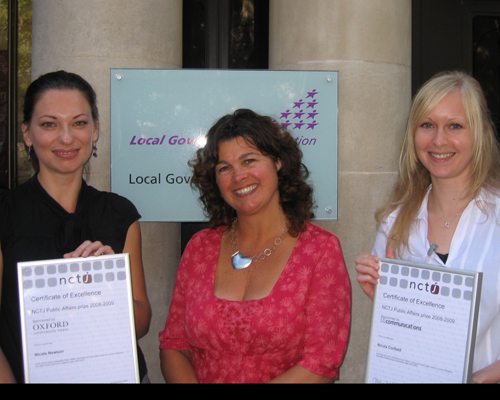The BBC College of Journalism and media thinktank Polis are hosting a one-day conference today to discuss the value of networked journalism, free newspapers, political and government reporting and ‘grassroots’ journalism. Keynote speakers include Channel 4 News presenter Jon Snow and BBC Global News director Peter Horrocks, interviewed by Journalism.co.uk at this link.
Journalism.co.uk is hosting the session on ‘grassroots journalism’ and we will be discussing what new ‘hyperlocal’ start-ups are up to, how sustainable these ventures and opportunities this trend could in turn create for ‘big’ media groups in the local space. In keeping with the title of the conference we’re hoping to move the discussion away from what is hyperlocal or definitions of ‘citizen journalism’ and talk about the value of ‘grassroots journalism’ to the public and the media in the UK as a whole.
For our updates you can follow @journalism_live on Twitter – there’s also a hashtag of #VOJ10 and tweets from the conference in the liveblog below:
<a href=”http://www.coveritlive.com/mobile.php/option=com_mobile/task=viewaltcast/altcast_code=0d5ec4cb51″ mce_href=”http://www.coveritlive.com/mobile.php/option=com_mobile/task=viewaltcast/altcast_code=0d5ec4cb51″ >#VOJ10 – Value of Journalism Conference</a>
 There are just 10 tickets left for news:rewired – the nouveau niche, Journalism.co.uk’s one-day event on 25 June for journalists working within a specialist beat or patch.
There are just 10 tickets left for news:rewired – the nouveau niche, Journalism.co.uk’s one-day event on 25 June for journalists working within a specialist beat or patch.